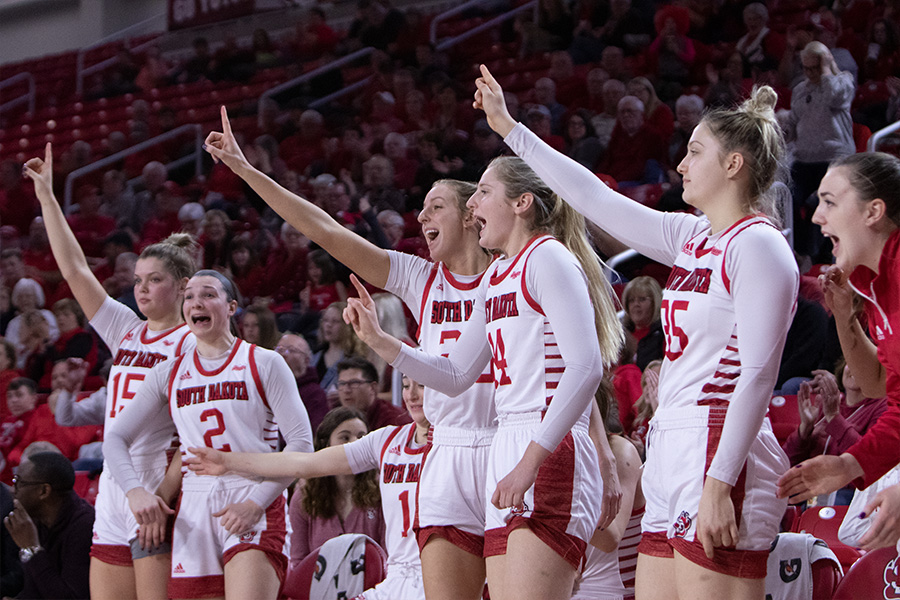Rural Church Weathers Storms, Changing Demographics
LOWER BRULE, S.D. (AP) — The wind blew a hundred miles an hour that night, or thereabouts. It tore two shutters and some trim off the church.
So the next morning, Saturday, June 20, Gary and Sharon Bingen were up to survey the damage.
On Tuesday, they were back again, with Gary’s tools this time. That’s how it is when you’re part of a rural congregation like Messiah Episcopal Church, where keeping the House of God from the rough weather of the Great Plains is only part of the struggle – guarding it against changing demographics is worse.
The simple fact is: There aren’t all that many people to do what needs doing.
“On a regular basis, sometimes there’s 20,” Sharon DeWitt Bingen said. “We’ve had it full, too. We’ve had as many as 75 people in here.”
That ongoing tally of worshippers means a lot to Bingen. Her five children cut their teeth chewing on the boards of the pews at Messiah Episcopal, and that was after she’d already grown up in the church herself.
“I was baptized out of this church and I was confirmed out of this church,” she said. “I moved away for twenty-some years and I came back and this is still our home church.”
Even here on the Lower Brule Indian Reservation, which has more people living in the rural areas than South Dakota counties typically do, the area around the church has changed from what it once was.
“This used to be a thriving little community around here – Iron Nation,” Bingen said. “They had a school and a post office.”
And, of course, Messiah Episcopal Church, Iron Nation.
The district was named for Chief Solomon Iron Nation, who lived near the church and attended church there late in life. Solomon Iron Nation, born in 1815, died in November 1894 and is buried in the Messiah Episcopal Church cemetery, a short distance from the church.
The Rev. Kim Fonder, now the interim priest-in-charge for the Standing Rock Mission and the former priest at Messiah Episcopal Church, told the Pierre Capital Journal ( ) that Messiah Episcopal was started in 1884. That’s not long after the Episcopal Church arrived in the Lower Brule area in 1871.
“Father Luke Walker was the first priest,” Fonder said.
But not quite a hundred years after its founding, Messiah Episcopal appeared to be closing.
Fonder’s daughter and three others were baptized during the last formal service held at that time, in 1981. And for more than 30 years, this church in the Iron Nation district stood, for the most part, empty and unused.
“Everything was taken away and was kept at Lower Brule’s Holy Comforter Church,” Sharon Bingen said.
Well, almost everything. Someone stole the bell from the bell tower.
“They had to have some big equipment to do it,” Gary Bingen – raised a Lutheran but a convert to the Episcopal faith since 1968, the year after he married Sharon – marveled.
But people of the Lower Brule are now working to rebuild the church.
“We are coming back. The church was deconsecrated and it had fallen to ruin for a while,” Sharon Bingen said. “Native people have always been very spiritual. The people requested that we could still have church here. The bishop came and held a service – I forget the service, what it was called – so we could use it again.”
A record in the church indicates that John T. Tarrant, bishop of the Diocese of South Dakota for the Episcopal Church, dedicated and consecrated the church once more on March 24, 2013.
The first winter after that, the congregation worshipped without electricity for heat. This past winter, they had power.
Now, some of the original furnishings have been brought back – a baptismal font, a bishop’s chair – and the pews are better than the ones that were here once. A cross and a Lakota star quilt now adorn the altar. The lectern has a broken board in its base, it’s true. A painting of the resurrected Christ, paint peeling from its frame, is at one side of the altar. A picture of Christ knocking at a door is on the other side.
Volunteers from York, Pennsylvania, built a new handicapped-accessible deck on the front, with a view looking east of the Missouri River. They also built an outhouse.
There are some concessions to rural South Dakota. The songbooks are stored in plastic bins.
“We have mice – we have church mice,” Sharon Bingen said. “We have to keep things in totes.”
But no one, not even the mice, are poor. They have a House of God to worship in, here at Messiah Episcopal Church, Iron Nation.
___
Information from: Pierre Capital Journal,

